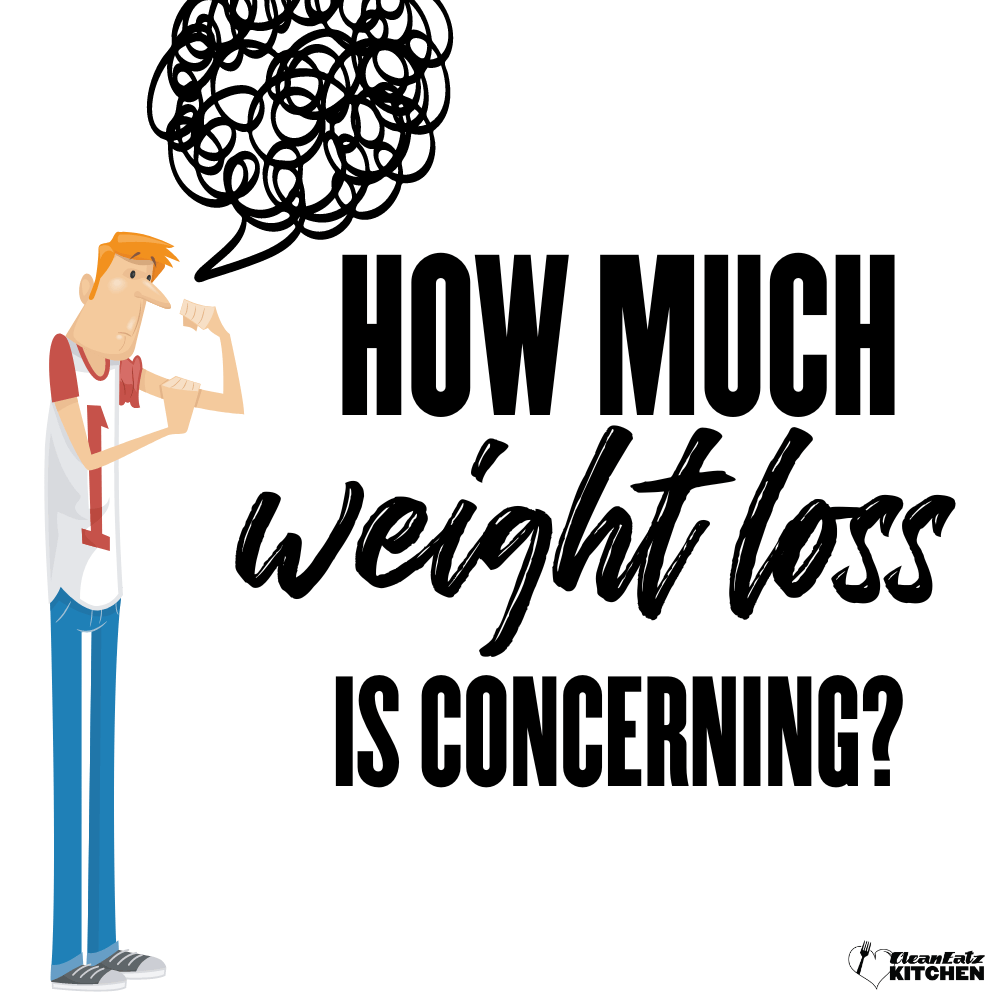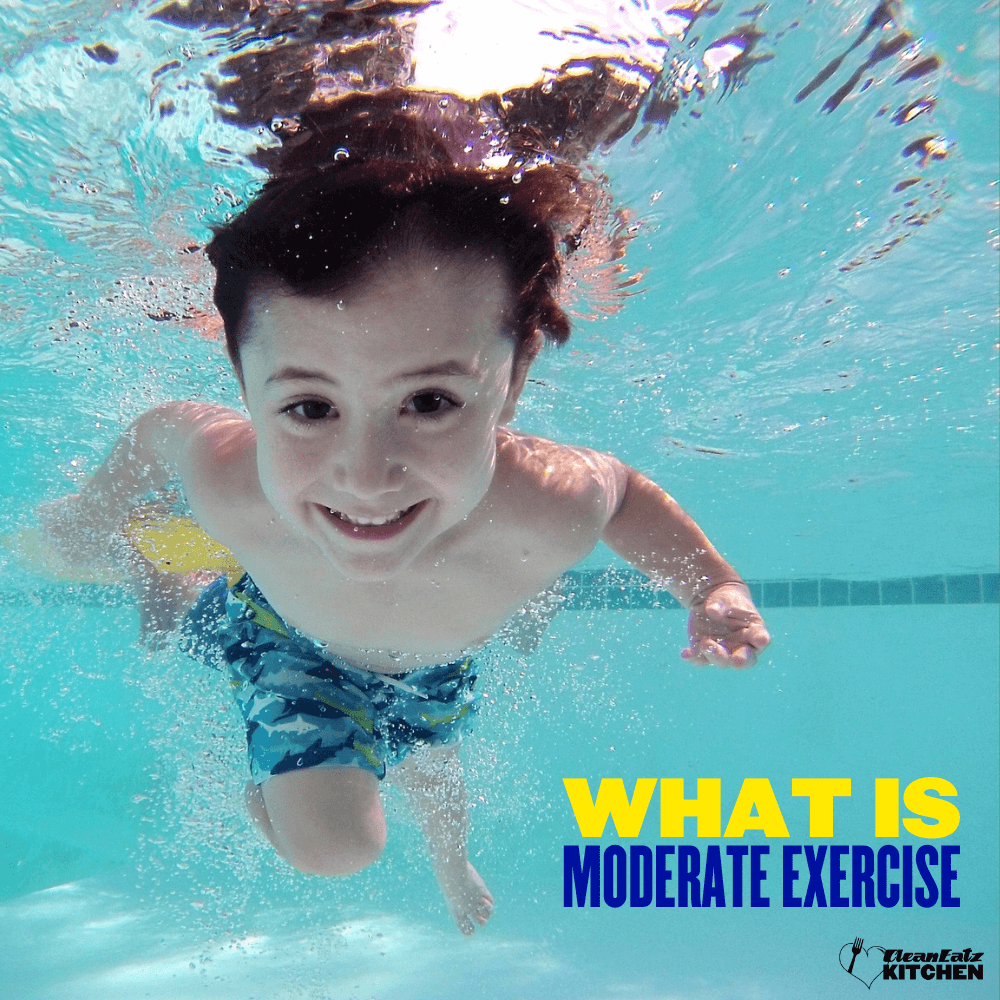
The Effectiveness of Running for Weight Loss
Jason Nista
Exercises & Fitness
|
Weight Loss
7 minute read
Running is one of the oldest types of exercise and it continues to be popular today for good reason. There is no doubt that it running for weight loss is good for our health.
Read this article to find out if running is good for weight loss and to discover how it can be of use to your weight loss journey.
In this article we'll talk about:
- Running for weight loss
- Types of running
- Benefits of running
- Tips for weight loss
Is Running Good for Weight Loss?
Is running good for weight loss? The short answer is Yes. The main reason running is perfect for weight loss is because it is a very calorie-intensive exercise. Running can burn up to 600 Calories per hour under the right circumstances.
If you choose to engage in high-intensity running for weight loss, you will experience the afterburn effect. This phenomenon refers to the continued calorie burning that occurs even after your running session has ended.
Running also supports weight loss by suppressing appetite. Studies show that after running, people tend to need fewer snacks compared to those that didn't run.
In the long run, running also reduces your risk for chronic diseases such as heart disease, stroke, type two diabetes, Alzheimer’s disease, and dementia. Additionally, incorporating a balanced weight loss meal plan alongside your running routine can maximize your weight loss results and overall health benefits.
Finally, running is a very efficient exercise as it does not require any special equipment to do. All you need is an able body and a space to run.
Types of Running
Like many things in life, running offers a multitude of approaches and techniques, providing individuals with a wide range of options to tailor their running experience according to their preferences, goals, and specific needs for weight loss. These include:
-
Interval running. This is the type of running where you alternate between bursts of high-intensity running and rest or low-intensity running. This type of running is especially good for weight loss because it leaves an afterburn that causes your body to burn calories even at rest.
-
Slow pace running. This is also referred to as jogging. It is the type of running where you run at a slow continuous pace, usually over a long distance. It can also result in weight loss, however, it burns fewer calories and has a much lower afterburn effect.
-
Progressional running. This is the type of running where you start at a slow pace and slowly increase your pace as you go on.
-
Hill repeats. As the name suggests this is the type of running down on hills. It often starts off with a warmup on flat ground which is then followed by running on a medium size hill. This type of running is especially good for those looking to improve tone and strength in the leg muscles.
-
Sprints. This is the type of running you often see on the TV. It involves running at your maximum capacity for a short period of time over a short distance.
Health Benefits of Running
Understanding the importance of running is crucial in recognizing the significant impact it can have on your physical fitness, mental well-being, and overall quality of life. Here are some tips about the health benefits of running:
-
Weight loss. Being a physically demanding exercise, running can help you lose weight by increasing your calorie demand. It is fantastic for targeting that especially stubborn belly fat that increases your risk for chronic diseases.
-
Improves muscle tone and strength. Running, especially if done on an incline, builds the muscle in your legs which can improve endurance and appearance. Increasing your muscle mass can also boost weight loss by increasing the number of calories you burn at rest.
-
Improves mental health. Running can lead to a boost in your mental well-being by reducing stress and promoting the release of dopamine, a feel-good chemical in the brain.
-
Reduces risk of illness. Studies show that people who rub will tend to have a lower tendency to get ill both in the short term and in the long term. In the short term, running can boost your immunity protecting you from infections like the flu. In the long term, running protects you from chronic diseases like heart disease and diabetes.
Tips on Running for Weight Loss
So is running good for weight loss? Let's find out the tips which can help you lose weight and improve your health.
-
Warm-up. Ensure to always start your running sessions with a warmup to reduce your risk for injury. It is also encouraged to finish your running session with a cool-down period to root for some reason
-
Get the right gear. Even though running does not require much technical gear, it is still important to invest in the right attire. This includes high-quality clothing, running shoes, and a water bottle.
-
Hydrate. Keep yourself hydrated by drinking enough fluids before and during your running sessions. You can either drink plain water or electrolyte drinks like Gatorade or your own homemade lemon water.
-
Embrace variety. Switch up your running routine to keep things interesting for yourself. You may choose to change your intensity, speed, time, or even running route to prevent yourself from getting bored by your routine.
-
Experiment with performance-enhancing supplements. Like electrolytes, protein supplements, and muscle oxygen enhancers.
Final Thoughts
In conclusion, running is a versatile and effective exercise for weight loss, offering various types to suit different preferences. It not only burns calories but also strengthens muscles, improves cardiovascular health and provides mental well-being benefits. To maximize weight loss through running, start gradually, incorporate interval training and longer runs, follow a balanced diet, stay hydrated, wear proper shoes, and listen to your body. By embracing running as part of a well-rounded routine, individuals can achieve their weight loss goals while enjoying the numerous advantages it brings.
FAQ
Can beginners start running for weight loss?
Absolutely! Beginners can start running for weight loss, but it's important to begin at a comfortable pace and gradually increase intensity and duration over time. Consulting with a healthcare professional or a running coach can also be helpful for beginners starting a running routine.
How many minutes should I run a day to lose weight?
To lose weight, you should aim for about 30 minutes to two hours of running depending on what's comfortable for you. Beginners should start with shorter running times to reduce their risk of injury.
Will I lose weight just by running?
Yes, you will lose weight just by running. However, you may want to add a healthy weight loss meal plan delivery service and some strength training to your routine to help build some more muscle mass and speed up weight loss.
Should I run on an empty stomach for weight loss?
Running on an empty stomach may have benefits for fat burning, but it depends on individual preferences and comfort. Some people prefer having a light snack before running to provide energy and prevent fatigue. Listen to your body and experiment to find the approach that works best for you.
What to eat after running for weight loss
After running for weight loss, it's important to focus on replenishing your body with a combination of protein and carbohydrates. Opt for foods like lean protein sources (chicken, fish, tofu) and complex carbohydrates (quinoa, brown rice, whole wheat bread). Don't forget to hydrate with water or hydrating foods (watermelon, cucumber). Aim to consume a post-run meal or snack within 30 minutes to an hour after your workout.
Related Articles
How Much Weight Loss is Concerning?
7 minute read



